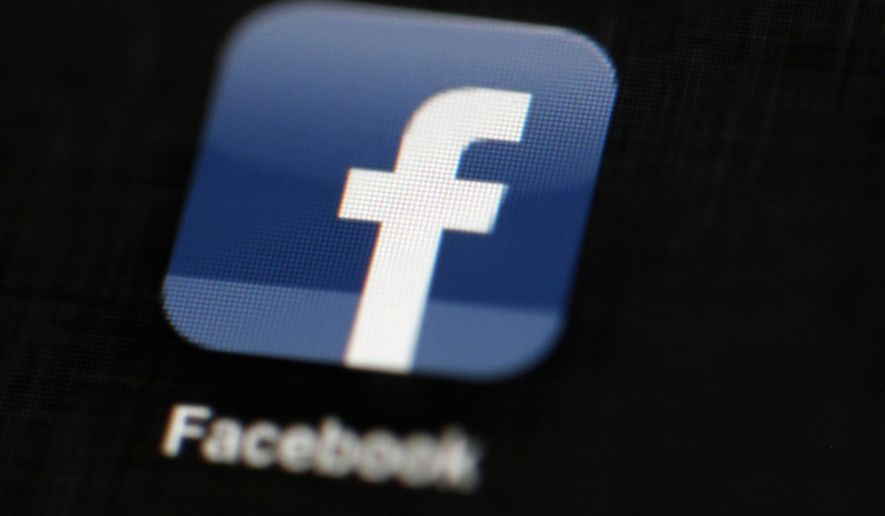A member of British Parliament probing the “fake news” phenomenon has asked Facebook for information on any Russian-connected social media pages or ad campaigns meant to meddle in the U.K. elections as counterparts on Capitol Hill continue their investigations into Russia’s involvement in last year’s White House race.
“I am writing to you to request information regarding the use of Facebook advertising and pages by Russian-linked accounts in the lead up to, and during, the 2016 Referendum on the U.K.’s membership of the European Union and the 2017 British General Election,” said Damian Collins, a Conservative Party MP and the chairman of the House of Commons Select Committee for Digital, Culture, Media and Sport. Mr. Collins wrote in a letter addressed to Facebook CEO Mark Zuckerberg that was dated Oct. 19 and released by his office Tuesday.
“As you may be aware, the House of Commons Select Committee for Digital, Culture, Media and Sport is currently undertaking an inquiry into the phenomenon of fake news. Part of this inquiry will focus on the role of foreign actors abusing platforms such as yours to interfere in the political discourse of other nations. It is for this reason that I am requesting that Facebook provides to my Committee details relating to any adverts and pages paid for, or set up by, Russian-linked accounts,” Mr. Collins wrote.
The letter asks Facebook to provide the Committee with details on any Russian-linked accounts and ads, including how much they cost and how often they were viewed.
“We have received a letter from the Digital, Culture, Media and Sports Committee and will respond once we have had the opportunity to review the request,” a Facebook spokeswoman responded Tuesday, Bloomberg reported.
About 52 percent of British voters cast ballots in June 2016 in favor of separating from the E.U. — the so-called “Brexit” vote currently slated to take effect in 2019. The Conservative Party controlled by Prime Minister Theresa May lost 13 seats in Parliament as a result of the general election this past June, while the Labour Party led by opposition leader Jeremy Corbyn gained 30 spots as a consequence of that vote.
The British lawmaker’s inquiry comes on the heels of Facebook announcing last month that accounts and pages likely based out of Russia bought approximately $100,000 worth of ads containing “divisive messages” displayed to users during the 2016 U.S. presidential election cycle.
U.S. intelligence officials previously concluded that Russian state-sponsored operatives interfered in last year’s White House race, and Facebook subsequently provided copies of the ads to officials in the Senate, House of Representatives and Department of Justice currently investigating Russia’s alleged election meddling.
Russia has denied interfering in the U.S. election.
• Andrew Blake can be reached at ablake@washingtontimes.com.




Please read our comment policy before commenting.